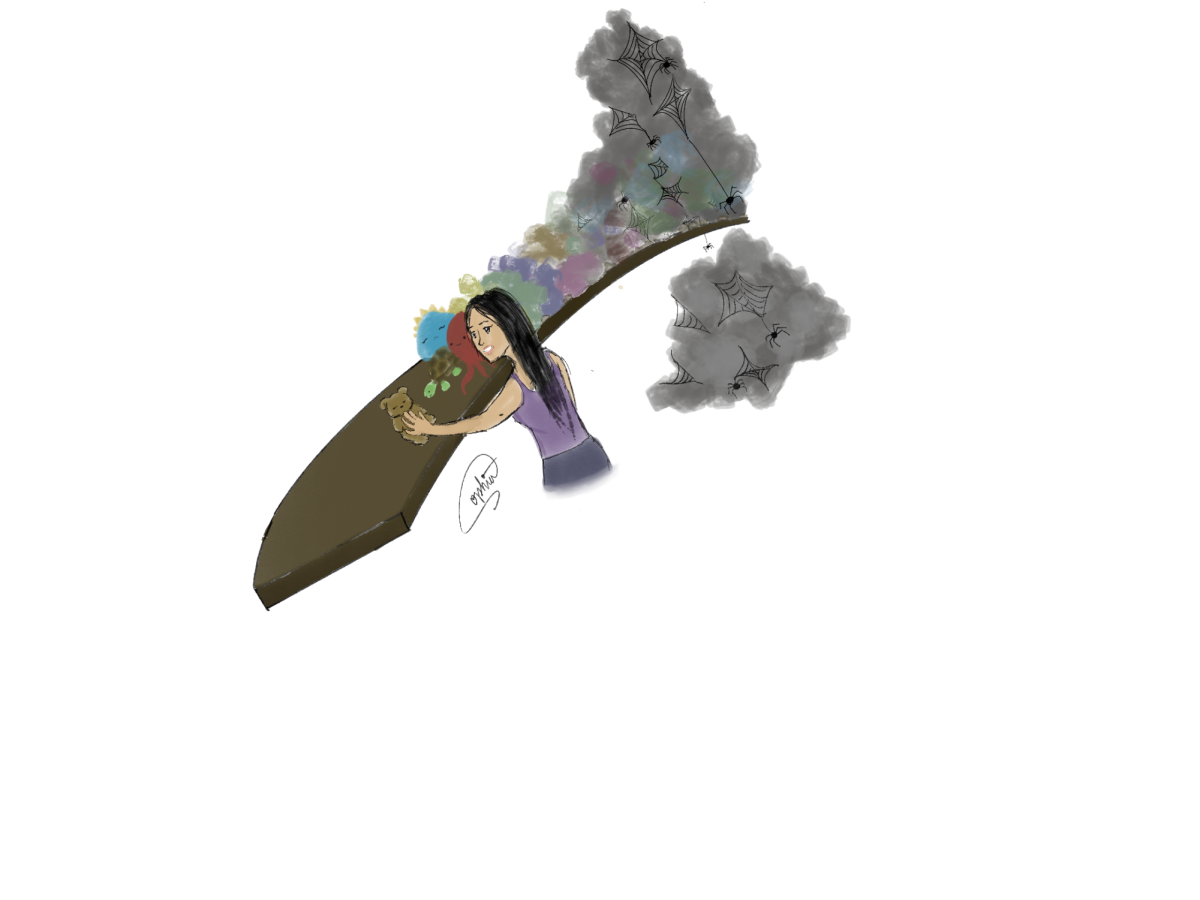According to PBS Newshour, when asked, what they want to be when they grow up, one-third of current pre-teens said they want to be an influencer. As social media has exploded in popularity in the past decade, it has taken a chokehold on the new generation, becoming a part of everyday life for many. But with the recent discovery of the dangers of creating content as a minor, there needs to be more regulations about what or how much a kid can be in content. Although this would be time-consuming and expensive, if we truly care about the well-being of children, we need to demand that social media companies makes these changes. Children are still minors and don’t have the ability to make lifetime decisions on their digital footprint, and can’t control how much they work.
“The Dark Side of Kidfluencing” documentary, which premiered Wednesday and features ex-members of Piper Rockelle’s ‘squad’, a group of young influencer-kids who filmed YouTube videos together. The kids are now ages 15-18, but during the prime time of filming were ages 12-15. The Squad, previously filming and working in the Rockelles’ house, left and sued Rockelle’s mother, Tiffany Smith, for physical, emotional, and sexual abuse in 2022.
Another recent docuseries, “Devil in the Family,” came out Feb. 27. The series features the story of Ruby Franke, a mother and family blogger who went to jail for child abuse because of kidfluencing in 2023. The onslaught of public controversy over kids in the social media industry has brought attention to how kidfluencers are really treated behind the facade of their social media accounts.
Child labor laws, such as the Fair Labor Standards Act, were first created in 1938, limiting and restricting the hours and conditions that kids could work in. Back then, the government’s goal was to keep kids safe. If this is still a priority, laws should be made and changed to protect children in this generation.
While child labor laws have been in place for decades, working in content creation is a gray area. Many film in their own homes with iPhones or personal cameras, without work contracts. Kids are managed by their parents, and parents are entrusted to properly look after their kids. However, it is not possible to monitor which kids are creating content on their own will, and which are being forced to by their parents. California has some of the most restrictive labor laws in the country, such as the SB 764 bill signed by Gov. Gavin Newsom, Sept. 26, 2024. The bill recognizes kidfluencers as kids that are in at least 30 percent of the content of their guardian’s social media. The bill requires 65 percent of the money earned by these kids to be deposited into a trust account for when they turn 18. The law also calls for an eight-hour workday at the most, with at least three hours of schooling per school day, and a welfare worker to be present at all times.
But, enforcement of this bill is difficult, and in many cases, violations go unseen. and it can be hard to argue the professional level of content; if the content is an actual career or whether it is a pastime just for fun. After all, most film in their own homes on their own time, without anyone else present. In addition, California is the only state with these laws, leaving the other 87% of children all over the country unprotected. There needs to be more efficient laws created and enforced in order to make sure that kidfluencers are receiving all of these utilities.
While social media platforms attempt to keep young children from having platforms by requiring kids to be at least 13 before opening an account, parents are able to get around this by making accounts for their kids. The account is run by the parent, but some make the whole account centered around the kid, only posting pictures of their kid. Only two words keep the account legal – “parent-run”, a phrase typed in the bio of the kid’s account in order to adhere to the platform’s guidelines.
There needs to be more regulation from sites on the content they put out and the amount that kids are allowed to be involved in the business of content creation.





